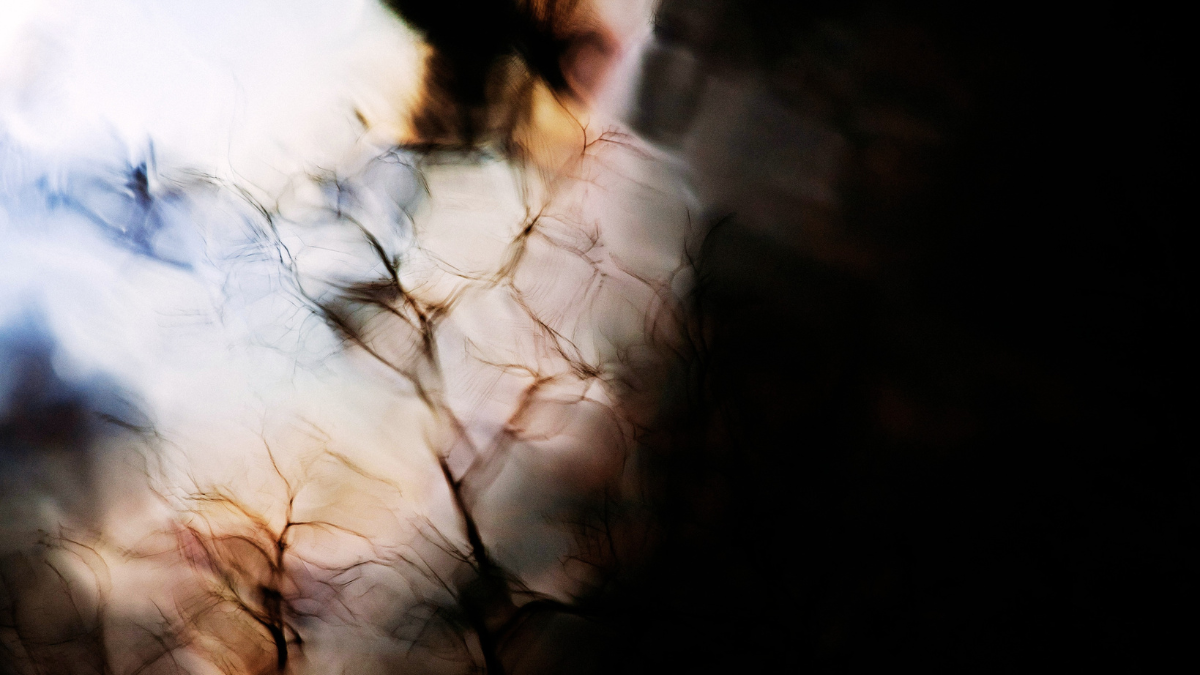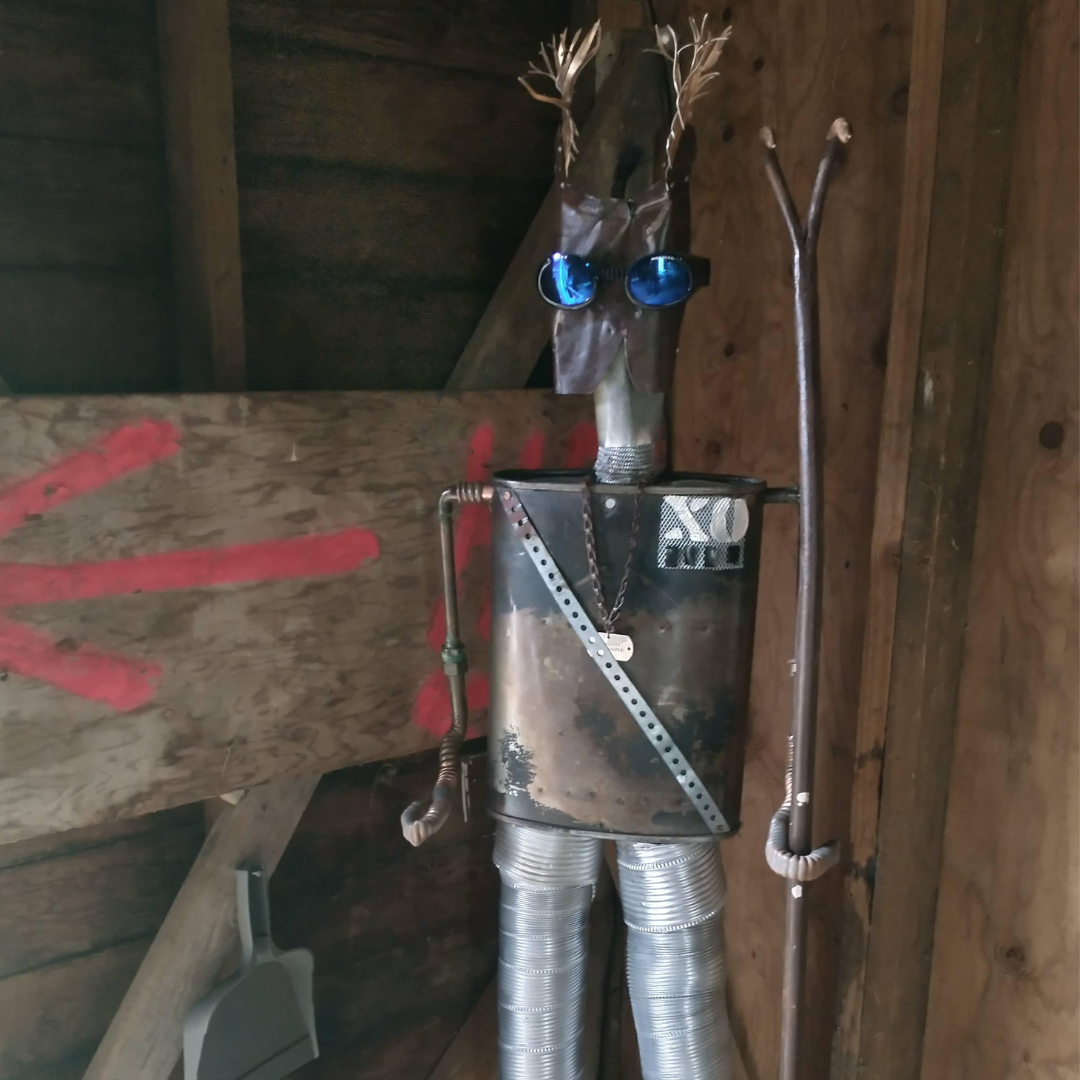I have a bad attitude
by Elisa Carlsen
Photo by Plato Terentev for Pexels
TW: Depression, suicidality
I was labeled with an “attitude problem” in third grade when Ms. Lau, my music teacher, objected to the way I held my French horn and answered her questions. She made me stand in the corner, where I picked the drywall with my tiny fingernails, leaving a pile of dust on the ground at my feet. By the end of the year, the wall needed patching. Ms. Lau did not seem interested in why I had a bad attitude. Likewise, the nurse did not listen when I desperately begged her not to call my mom after I threw up in the hallway. I was terrified at the thought of her coming to get me. They called her anyway.
It wasn’t long before Ms. Lau sent me home with a note for my parents that read - Elisa has a bad attitude. They were to sign it, and I had to bring it back. I ripped it up as soon as she walked away. Under threat of suspension, I buried the second note in a stack of mail on the table. I remember the smug faces of my parents when they read the words. My dad nodded in agreement, looked at me, and said, “yeah, that explains it.” As if I simply materialized out of the ether and into their living room to darken the rest of their days. I quickly learned there was no way out of this trap. If they didn’t like something I said - bad attitude. If I didn’t close the door all the way - bad attitude. I sulked around the house for as long as I lived there, looking for ways to piss them off.
As far back as I can remember, I’ve felt an immeasurable weight of sadness on my chest. People in town called me Smiley because I never smiled. I used to believe it was circumstantial; growing up broke and queer in a small conservative, gold mining town, I felt profoundly alone and scared for my future. But nature was also at play because even as a young child, maybe eight or nine, I thought compulsively about jumping out of the car any time it was in motion. I thought it would make the darkness go away. I wanted it to go away. Instinctively, I knew these were bad thoughts. I never shared them, partly because it would break my mother’s heart to know I didn’t want to live. And partly because I could tell she had her own shit to deal with. The thoughts of wanting it to end haven’t gone away; they come and go like dark days.
When I was a teenager, my mom told me she knew I was a sad kid. In a frustrated tone, she said, “You looked miserable in every picture.” Shrugging her shoulders, she added, “You got the wacky genes in the family. I got ’em too.” By wacky, she meant the depressed, suicidal, addictive, obsessive-compulsive genes. But she didn’t want to talk about genetics. Instead, she framed our struggle with depression as an internal spiritual battle between darkness and light. She told me a story about hearing demons outside her window one night; they were there to take her away. She forced them back to hell by channeling the light. She worried about me because she could see my darkness. I could see it too, and I felt cursed.
My mother and I both describe our relationship in terms of a spiritual battle. We don’t go on trips or plan family dinners. We are looking for ways to win a war. A war that goes on inside us whether or not we are in the same room. Seeking guidance on what started it, I went to the back room of a Portland bookstore to get a tarot card reading from an oracle named Shawn. After flipping over the first card, he asked if my mother was angry. I nodded affirmatively. He paused and said, “No, I mean, is she really, really angry?” emphasizing the “a” in anger.
“Yes,” I said, my chest sinking remembering how she screams at me, “she is full of rage.” He leaned back and, with soft eyes, sweetly said, “It’s not yours.” I took a deep breath and asked him if things would ever get better between us. He looked at the cards on the table, then up to the ceiling, and answered with a wizard-like premonition, “It ends with you.”
For a long time, I focused on the ending. I thought every fight would be our last, but there were always more. More pain, more suffering, more distance between us, and less time in our lives to figure it out and love each other. After a recent blowup, she sent me a text that read, IM DONE YOU WIN. I do not feel like a winner. I feel like I miss having a mother. Perhaps my relationship with her doesn’t end in a battle with both of us half dead. Maybe it ends with forgiveness, compassion, or me not stepping on the field to fight her.
I’m not sure the ending is as important as I once thought. What matters more to me now is believing the anger is not mine. I don’t think it’s hers, either. It was scripted in our blood by our ancestors to saddle us with faulty programming. We raged under its influence and had no way to understand it wasn’t about us. We held it inside and wore it everywhere we went and let it color every relationship we ever had. It’s not our anger, but it’s ours to let go. I want to let go. I am on my hands and knees digging through my history piece by piece to find the root of it to let it go. I love my mother. I want her to let go too.
Elisa Carlsen (she/they) grew up in Humboldt County, Nevada. She is a poet, artist and rusted metal fanatic. She practices Vipassana meditation. Her poetry has appeared in SixFold and VoiceCatcher. Her first chapbook, Cormorant is under contract with Unsolicited Press, to be published in 2023.


